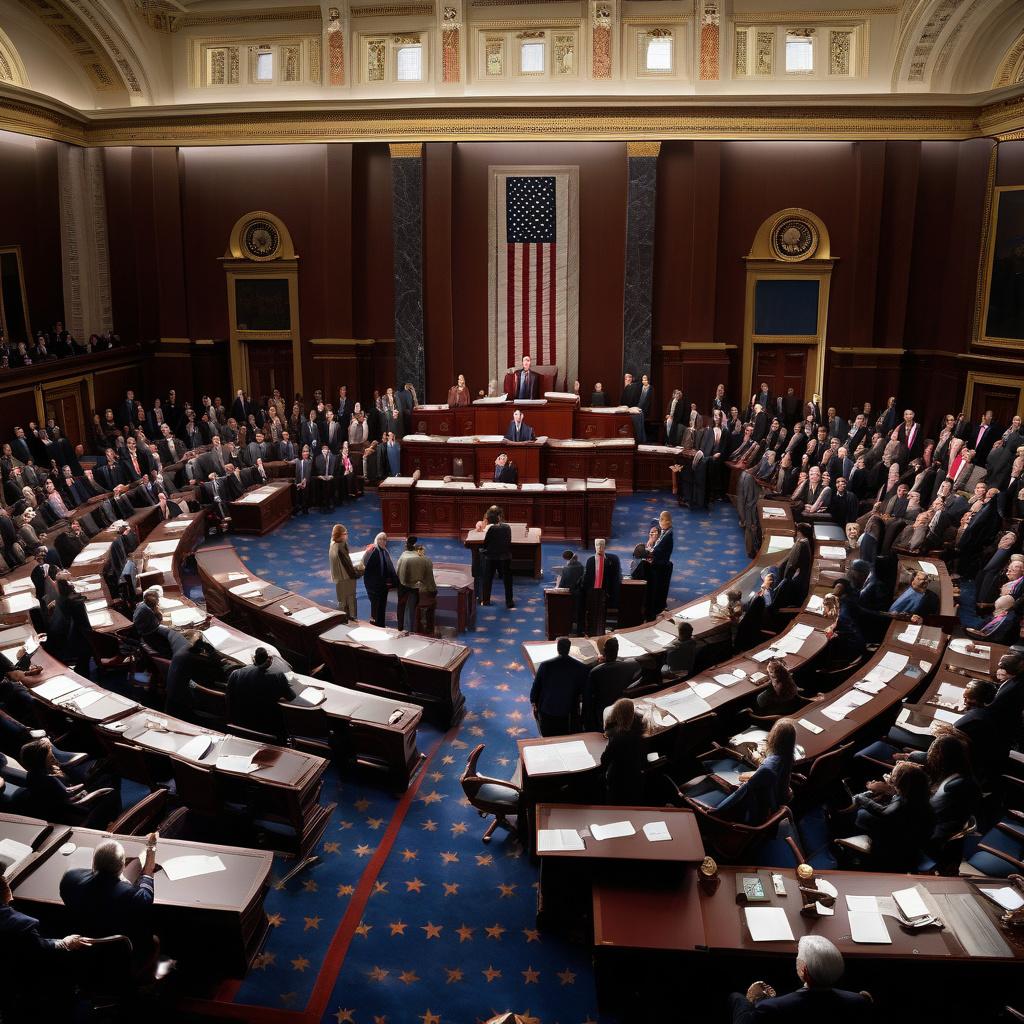The recent clash in the US Senate over President Trump’s proposed 10-year ban on state AI regulations has sent shockwaves through the tech industry. With a resounding 99-1 vote against the ban, the Senate has made a clear statement about the importance of local oversight in the rapidly advancing field of artificial intelligence.
Despite arguments from Senator Ted Cruz and tech giants like Google, Microsoft, and Amazon for a moratorium on state regulations to streamline AI adoption, the Senate’s decision highlights the need for diverse regulations to address the complex nature of AI technologies. Travis Hall from the Center for Democracy & Technology emphasized this point, drawing a distinction between the unified approach needed for the growth of the 1990s internet and the tailored regulations required for AI today.
The rejection of the AI moratorium reflects a growing consensus that Americans need appropriate safeguards as AI continues to evolve. Alexandra Reeve Givens from the CDT underscored the importance of sensible regulations to mitigate AI risks effectively. This sentiment was echoed by Senators Marsha Blackburn and Maria Cantwell, who criticized Congress for its inaction on AI-related issues, leading states to take matters into their own hands.
Efforts to salvage the ban by tying it to federal funding for rural broadband projects ultimately fell short, as critics remained unconvinced of the benefits of such a regulatory freeze. Abhivyakti Sengar from the Everest Group highlighted the potential pitfalls of a prolonged moratorium, warning of the risks associated with leaving critical AI governance decisions solely in the hands of private entities without adequate oversight.
The pushback against the ban extended beyond the Senate chambers, with state and local lawmakers, as well as AI safety advocates, condemning the move as a ploy to shield the industry from accountability. Even GOP governors, including Sarah Huckabee Sanders of Arkansas, united in opposition to the proposed moratorium, emphasizing the need for states to retain autonomy in regulating AI technologies.
States like Arkansas, Kentucky, and Montana have already taken steps to govern AI procurement and use in the public sector, underscoring the proactive approach many states are taking to address AI-related challenges. With a flurry of AI-related legislation being proposed and enacted across the country, the debate over federal vs. state control of AI regulations is far from over.
As Trump’s budget bill, which incorporates spending cuts and tax breaks, continues to be a point of contention in Congress, the Senate’s decisive rejection of the AI moratorium serves as a pivotal moment in shaping the future of AI governance in the United States. This episode underscores the complexity of regulating AI technologies and the importance of striking a balance between innovation and oversight to ensure the responsible development and deployment of AI systems in the years to come.

